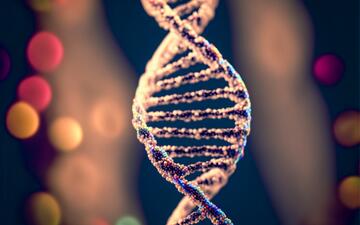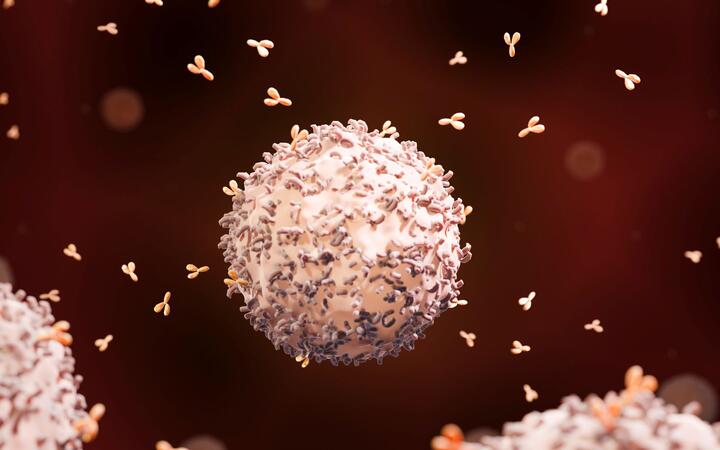Save lives with your blood or plasma

Together we help over 100,000 patients a year
Sanquin stands for life. For people. For making a difference at those moments when it really matters. Thanks to our dedicated donors, patients get a chance at a better future.
Your donation
Tells the story of hope, recovery and future.
About Sanquin
In a world full of change, we continue to deliver safe blood products.
Lifesaving research
Life-saving blood products, therapeutics, services, diagnostics and knowledge for health care.
It's in your blood
Red blood cells. Platelets. Plasma. You have it in you to help others. From blood transfusions for people with cancer to saving someone after a car accident. And from developing medicines to keeping a premature baby alive."

Work for life
At Sanquin, we combine medical, diagnostic, and scientific expertise all under one roof. This way, we bring light into the darkness. With only one goal: changing lives. Come work at Sanquin and choose a job with a huge impact on life.
For professionals
With high-quality blood products, expert advice, and in-depth knowledge, we support professionals in their work. From a quick diagnosis to effective therapy and from transusion advice to international collaborations – together we work towards the best care.
Research
With new methods and applications, we help prevent diseases, diagnose faster, and treat or cure more effectively. Today, we find solutions that will be essential for life tomorrow.
Actueel
Sanquin bids farewell to 'blood brothers'

Novel gene therapies for hereditary anemia

More donor kidneys and livers through improved selection

